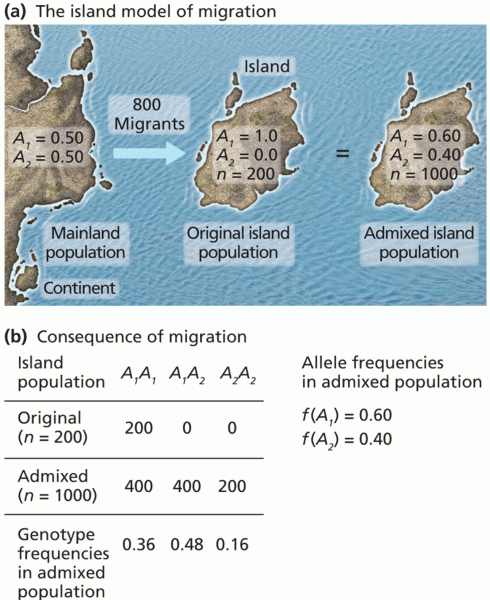Answer to Question 1
Answer: Since the end of the Second World War, when Europe needed labor to help rebuild its shattered economies, Europe has been a an attractive destination for immigrants. Germany, France, Italy, and other western European countries encouraged guestworkers to immigrate and work in factories, helping to rebuild war-torn western European economies.
Today, European countries largely discourage immigration, but the region still attracts immigrants from Africa and the Middle East where they tend to do menial jobs that residents do not want to do. These jobs are relatively low paying by European standards, but for these immigrants, that is more money than they would otherwise earn in their home countries. These immigrants not only reduce the unemployment in their home countries, but they also remit monies back home to support their families.
Answer to Question 2
Answer: Forced migration occurs when people must migrate or suer terrible consequences. The political causes of forced migration are typically armed conict or discrimination. It is estimated that about 44 million people are forcibly displaced persons in the world today.
There are several categories of displaced persons. A refugee as a person with a well-founded fear of being persecuted for reasons of race, religion, nationality, membership of a particular social group or political opinion, who is outside the country of his nationality and is unable or, owing to such fear, is unwilling to avail himself of the protection of that country. (1951 Refugee Convention.) There are more than 15 million refugees in the world today.
There are more than 27 million internally displaced persons (IDPs) in the world with no international legal protection. These displaced people often rely on humanitarian relief to survive away from their homes. Most displaced people are in poor, unstable, and conict prone regions in the developing world.







